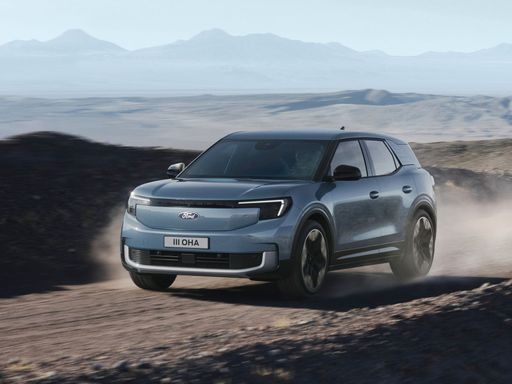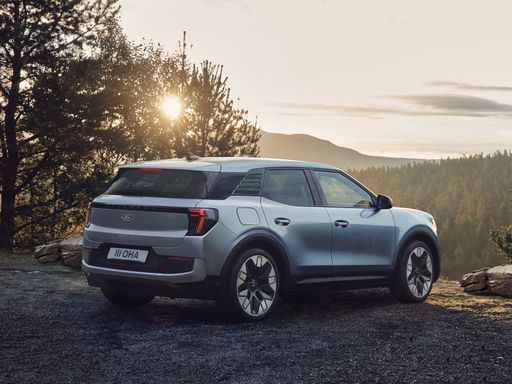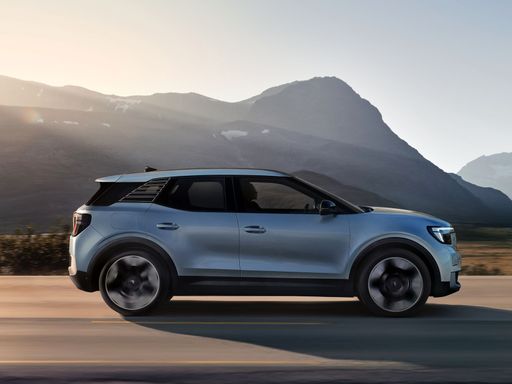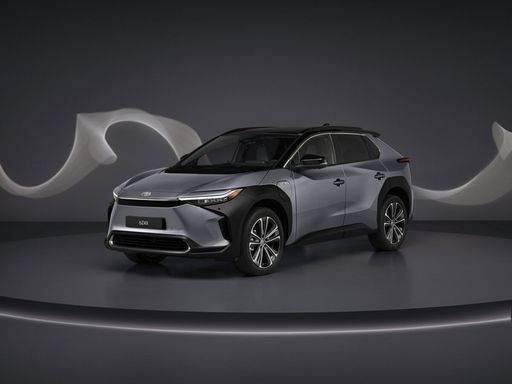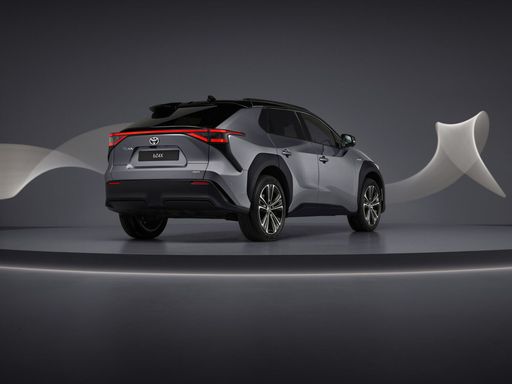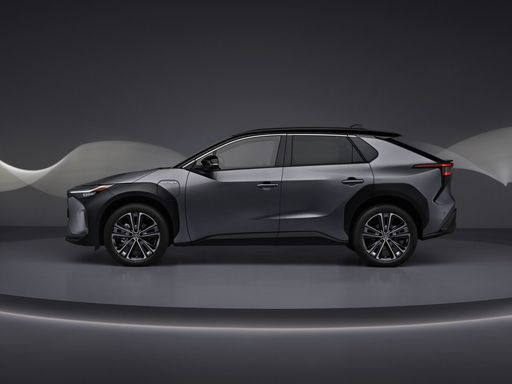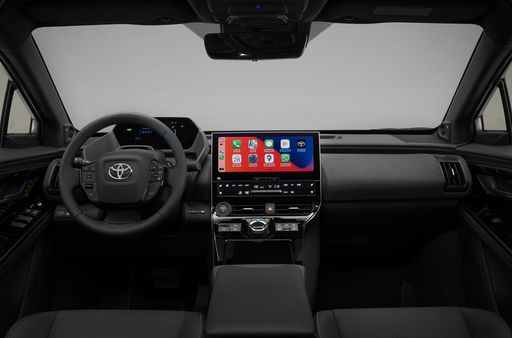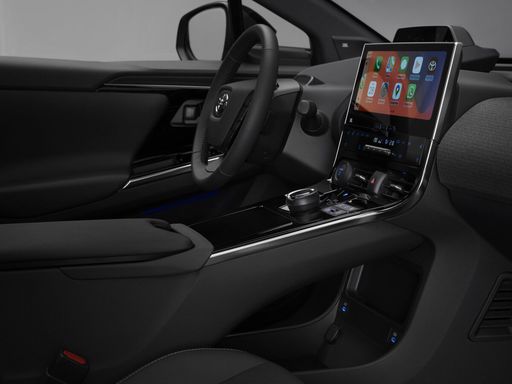Ford Explorer EV vs. Toyota bZ4X: A New Era of Electric SUVs
The electric vehicle (EV) market is booming, and two noteworthy contenders in the SUV segment are the Ford Explorer EV and the Toyota bZ4X. Both brands have long-standing reputations in the automotive world, but each brings unique features and innovations. In this article, we will dissect these two electrifying SUVs in terms of technical specifications, performance, and comfort.

